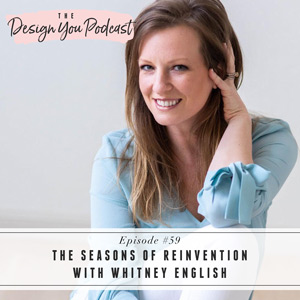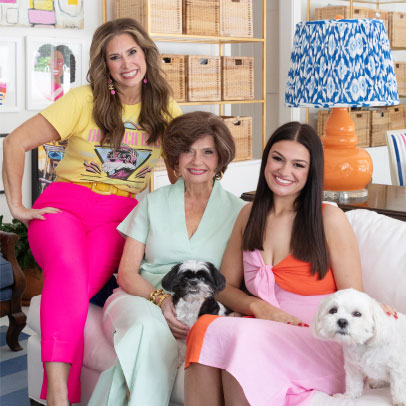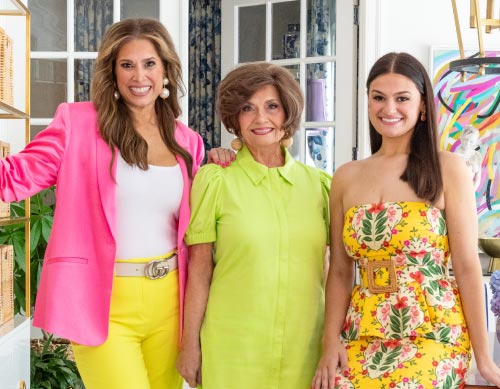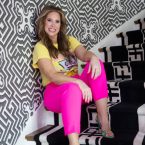
On the podcast today, I’ve got a friend I’ve never met in real life, but have connected with online for years. Whitney English is a successful businesswoman and the creator of the Day Designer, and we’re talking all about selling her companies and reinventing herself in business.
She’s got some great entrepreneurial tips to share, and I quiz her on the challenges of being in business and the process of harnessing vulnerability to connect with her audience. Our conversation is packed full of great nuggets and she brings such a different perspective to the table so I know you’re going to enjoy this as much as I did.
Tune in to hear Whitney’s thoughts on entrepreneurship and courage to get through the lows of business and life in general. She’s definitely one of the bravest people I know, and I can’t wait for you to learn all about the amazing work she’s putting out into the world!
If you want to meet like-minded people and carry on the conversation you heard today, you need to join my free Facebook community!












